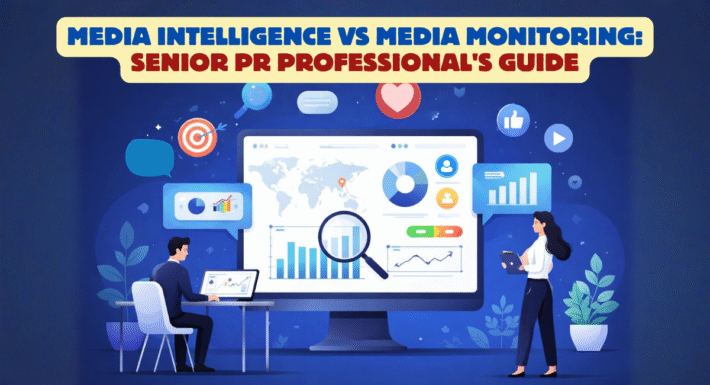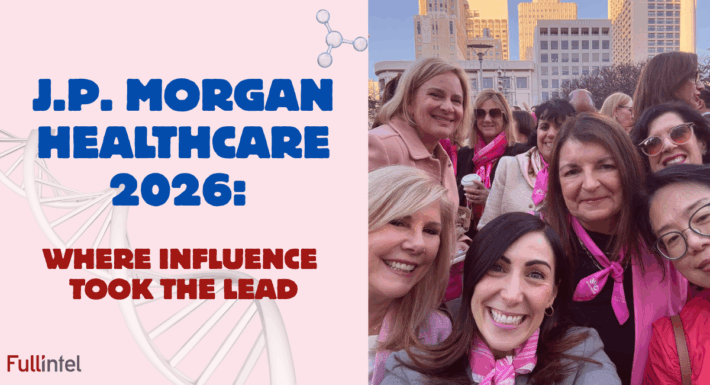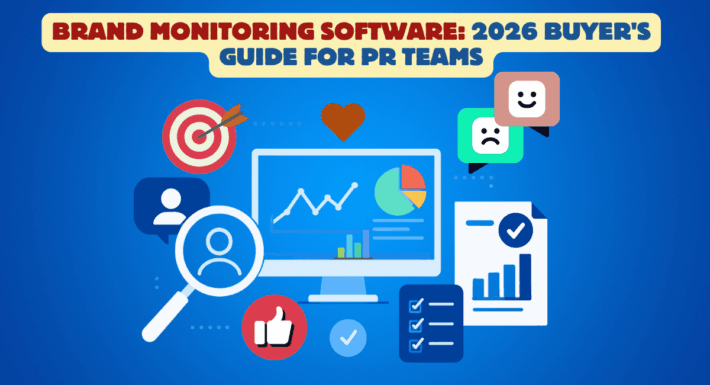Top Pharma News in March 2024

This month’s healthcare landscape is characterized by significant regulatory and technological milestones, showing a vibrant mix of challenges and advances in medical science and patient care. Advances in AI, like healthcare assistants and drug trials, lead the way, driven by big players such as AstraZeneca, Merck, Novo Nordisk, and Pfizer. These developments, together with key regulatory updates, FDA approvals, and manufacturing inspections, highlight the industry’s complexity and quick response to global health issues, like the incidents of contaminated cough syrup. AI’s role in improving glaucoma management and the increased funding for vaccine research emphasize the ongoing progress and challenges in healthcare tech. As the pharmaceutical world rapidly evolves, Fullintel Hub continues to be a vital source, offering the latest trends, clear insights, and accessible data for smart decision-making.
FDA Scrutiny at Neuralink, Approval of Gene Therapy for MLD, and AI Advancements in Ophthalmology Captivate the Audience This Month
This month, the industry’s top trending stories include the FDA’s investigation into Neuralink, the approval of gene therapy for metachromatic leukodystrophy (MLD), and breakthroughs in AI-driven ophthalmology.
In recent healthcare updates, FDA scrutiny reveals quality control issues at Elon Musk’s Neuralink animal research facility, raising concerns amid plans for extensive human trials. The coverage garners significant media attention and ranks first in the share of voice. Another major development is the FDA approval of Lenmeldy, a groundbreaking gene therapy for children with MLD, showcasing advancements in personalized medicine. This remarkable move generates positive media discussions and emerges as the second trending topic of the month. A recent study highlights AI’s potential in ophthalmology, with OpenAI’s GPT-4 system matching or exceeding human doctors’ abilities in diagnosing and treating glaucoma and retinal disease, promising improved patient care and workload management for eye specialists. These impressive technological advancements in healthcare captivate readers, earning them the highest social engagement this month.
A Break-Down of Recent Trending Stories:
FDA Finds Problems at Animal Lab Run by Musk’s Brain Implant Company
Elon Musk’s Neuralink, aimed at aiding paralyzed patients, faces scrutiny over rushed animal testing following internal grievances and a formal complaint from a welfare group. FDA inspectors find quality control and record-keeping issues at Neuralink’s California animal research facility, just weeks after the company announced clearance for human trials of its brain implants. The inspection reveals lapses such as missing calibration records for instruments and incomplete study reports, raising concerns about attention to detail. While the FDA hasn’t disclosed the severity of the problems, experts note the need for vigilance in ensuring compliance with regulatory standards before advancing to human trials. The negative sentiment around this news is largely due to concerns over the ethical treatment of animals, bringing back the media buzz around the gruesome monkey death issues from December 2023, and the rigor of Neuralink’s research practices. The lapses in quality control and documentation at Neuralink’s facility raise alarms about potential harm to animals and the reliability of the research. This, combined with past allegations of rushed animal testing, fuels public concern and anger. The high volume of “Angry” social reactions likely stems from these ethical and procedural concerns, particularly among animal welfare advocates and those wary of the rapid progression to human trials without thoroughly addressing these issues. The low social media engagement of this news might be due to the topic being overshadowed by more compelling news and fatigue from similar controversies.
FDA Approves First Gene Therapy for Children with Metachromatic Leukodystrophy
The FDA grants approval for Orchard Therapeutics’ Lenmeldy, the first gene therapy for children with metachromatic leukodystrophy, a rare genetic disease affecting the brain and nervous system. Lenmeldy is a one-time infusion made from the patient’s own stem cells, genetically modified to include functional copies of the ARSA gene. This therapy aims to reduce sulfatide build-up and halt MLD progression. Clinical trials show significant improvements in motor function, survival rates, and cognitive outcomes in treated children compared to untreated ones, with common side effects including fever, infections, and low blood cell count. Monitoring for blood cancer and brain swelling is advised post-treatment. Lenmeldy receives Priority Review, Orphan Drug, Rare Pediatric Disease, and Regenerative Medicine Advanced Therapy designations by the FDA. The FDA’s approval marks a milestone in gene therapy for rare diseases and contributes significantly to the top trending stories of the month. This advancement in personalized medicine also generates notable social media engagement with readers ‘loving’ the move. The trending score peaks towards the end of the month, corresponding with the FDA’s news release.
AI Matches Human Eye Doctors in Diagnosing and Treating Glaucoma
A new study published in JAMA Ophthalmology reveals that OpenAI’s GPT-4 system can match or surpass human ophthalmologists in diagnosing and treating glaucoma and retinal disease. Led by Dr. Louis Pasquale from the New York Eye and Ear Infirmary of Mount Sinai, the study found that AI demonstrated proficiency comparable to human doctors in diagnosing and suggesting treatments for these eye conditions. Glaucoma, a challenging disease to detect, affects millions of Americans, with many unaware of their condition. AI’s ability to accurately diagnose glaucoma and provide comprehensive assessments suggests a potential support role for ophthalmologists in managing patient care. Dr. Andy Huang, the lead researcher, highlights AI’s potential to ease the workload of eye specialists, improve patient access to expert advice, and enhance treatment decision-making processes in ophthalmic practice. The story draws the highest positive media attention and social engagement among other top stories this month, with the trending score peaking on February 21, coinciding with the publication of the study. Recently, AI in healthcare has become a popular topic, consistently eliciting strong “Wow” reactions from readers. However, a modest proportion of negative sentiment and social reactions of “Angry” and “Sad” arise from concerns about AI replacing human jobs, reducing the personal touch in healthcare, or mistrust in AI’s ability to make complex medical decisions. The idea of AI outperforming human doctors could provoke fear about the future role of professionals in medicine and concerns about the reliability and ethical implications of AI in healthcare.




